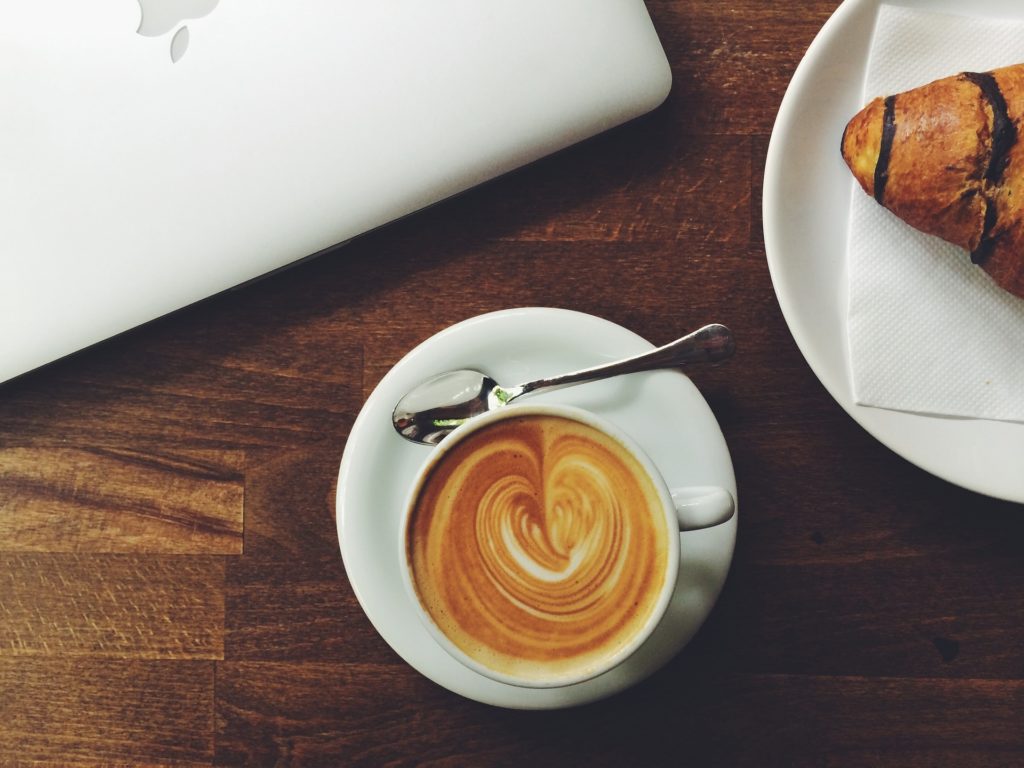
If you depend on caffeine to wake you up and keep you going, you aren’t alone. Caffeine is used daily by millions of people to increase wakefulness, help reduce tiredness and improve concentration, focus and maybe sometimes because you just came across the feeling.
The safest for most healthy adults is up to 400 milligrams (mg) of caffeine a day (the amount of caffeine in four cups of brewed coffee) but everyone’s body reacts differently and these reactions should not be ignored. Keep in mind that the actual caffeine content in differs widely, especially among energy drinks.
Although caffeine use may be safe for adults, it should be avoided for children. Teens should limit caffeine consumption. Avoid mixing caffeine with other drugs, such as alcohol.
There are unpleasant side effects of heavy caffeine even in young adults. And caffeine may not be a good choice for people who are highly sensitive to its effects or who take certain medicines.
Pregnant women or who are trying to become pregnant and those who are breastfeeding should talk with their doctors about limiting caffeine use.
As coffee does have some benefits but it also has health hazards. Excessive coffee intake may cause insomnia, fatigue, irritability, restlessness, constipation, unhealthy gut and it may eventually become an addiction. All of this reflects back on your face in form of acne, patchy skin etc.
Every night, adults need seven to eight hours of sleep. But caffeine, even in the afternoon, can interfere with this much-needed sleep. Chronically losing sleep — whether it’s from work, travel, stress or too much caffeine- results in deprivation of sleep. Using coffee to hide sleep can create an unwanted body cycle. For example, you may drink coffee because you have trouble staying awake during the day. But the coffee keeps you from falling asleep at night, shortening the length of time you sleep.
You may also like







